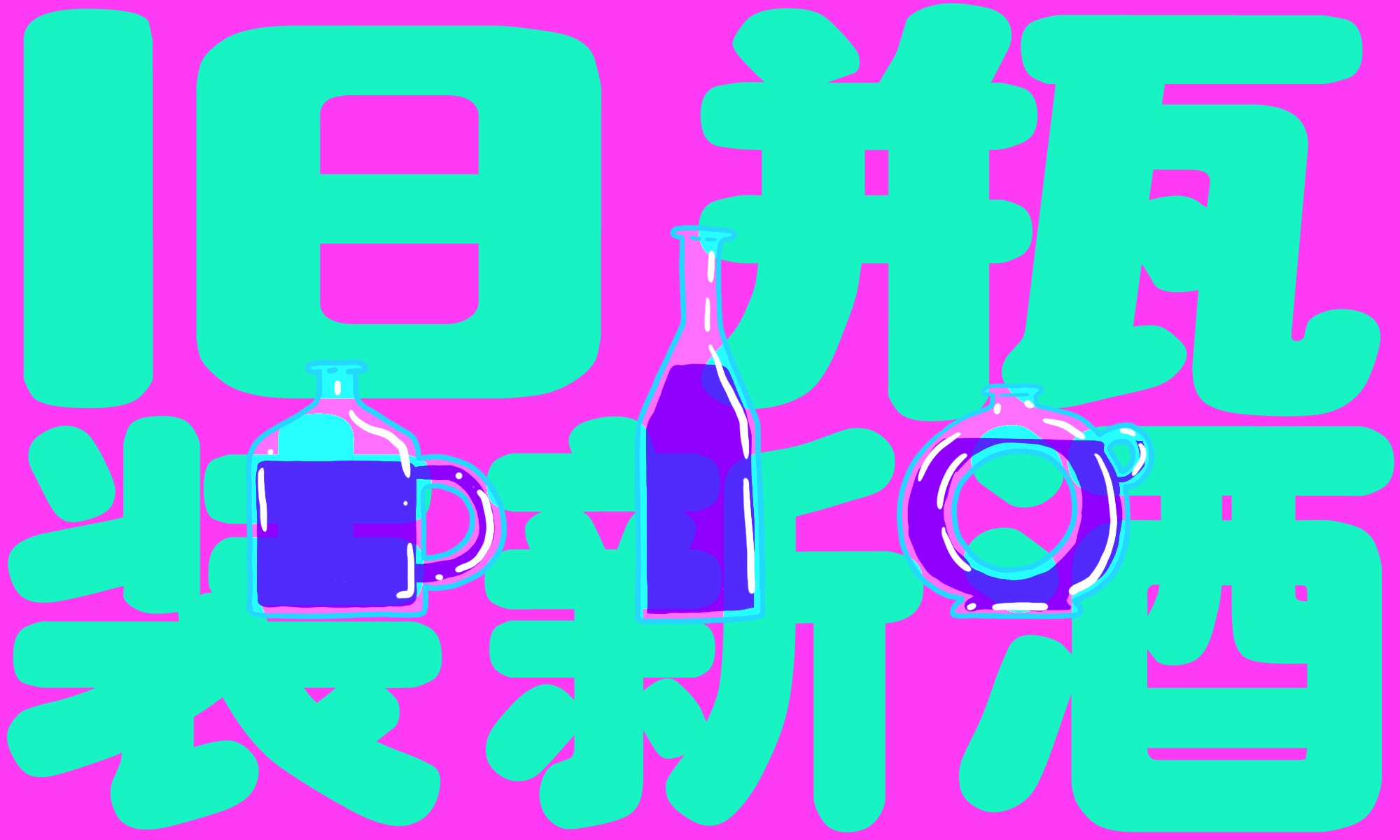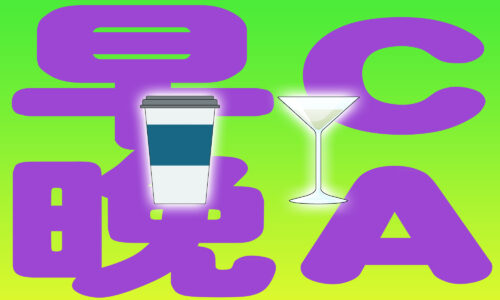‘The same old wine in a new bottle’ — Phrase of the Week
A new WeChat mini-app elimination game is taking China's internet by storm. But there are plenty of complaints about it being too similar to other games. And there's a Chinese phrase for that.

Our phrase of the week is: The same old wine in a new bottle (旧瓶装新酒 jiù píng zhuāng xīn jiǔ).
Context
A new match-tiles-style game available as a WeChat mini program has become a national online sensation in China.
The game, Sheep a Sheep (羊了个羊 yáng le ge yáng), hit 190 million views as of September 15. A day later, it had 2.6 billion views on Weibo, with video clips on Douyin (China’s version of TikTok) garnering 2.7 billion views.
The game’s success is partly because it’s easy to begin with, but almost impossible to complete: Only 0.1% of players can get through all levels, with the second level being the most difficult.
It’s free to play, but users must watch advertisements to access higher levels or gain new lives. Equipment can also be purchased in the game to improve chances of success.
But the game’s skyrocketing popularity doesn’t come without its critics: There are plenty of complaints from users, with some who have accused the developers of copying other elimination games, according to tech blog 36kr:
Some netizens have revealed that Sheep a Sheep appears to have copied another game called 3 Tiles. It’s true that the two games are the same in terms of card stacking, three-match gameplay, and functional props. The only difference is the card pattern.
Soon after, a company representative denied the accusation, saying that the game uses the most basic gameplay, and users can see for themselves.
We believe it’s not plagiarism but more a case of the same old wine in a new bottle.
有网友爆料称,羊了个羊疑似抄袭另一款名为 3 tiles 的游戏。这两款游戏的确在卡牌叠加、三消玩法、功能道具上是一样的,唯一不同的就是卡牌图案。
很快,该公司相关负责人否认抄袭,并表示游戏使用的是最基础的游戏玩法,用户自然有自己的判断。
比起抄袭,我们认为羊了个羊更像是新瓶装旧酒。
Yǒu wǎngyǒu bàoliào chēng, yáng le ge yáng yísì chāoxí lìng yì kuǎn míng wéi 3 tiles de yóuxì. Zhè liǎng kuǎn yóuxì díquè zài kǎ pái diéjiā, sān xiāo wánfǎ, gōngnéng dàojù shàng shì yīyàng de, wéiyī bùtóng de jiùshì kǎ pái tú’àn.
Hěn kuài, gāi gōngsī xiāngguān fùzérén fǒurèn chāoxí, bìng biǎoshì yóuxì shǐyòng de shì zuì jīchǔ de yóuxì wánfǎ, yònghù zìrán yǒu zìjǐ de pànduàn.
Bǐqǐ chāoxí, wǒmen rènwéi yáng le ge yáng gèng xiàng shì xīnpíng zhuāng jiùjiǔ.
Translation
This colloquial phrase literally translates as “new bottle” (新瓶 xīn píng), “contains” (装 zhuāng), and “old wine” (旧酒 jiù jiǔ), meaning “the same old content in a new format.”
It works the other way around, too:
Old bottle containing new wine.
旧瓶装新酒。
Jiùpíng zhuāng xīnjiǔ.
In other words, new content in an old format.
The phrase is similar to the English phrase new wine into old wineskins, which was in a parable of Jesus and is found in several places in the New Testament of the Bible.
In the Chinese language, the phrase was popularized by 20th-century essayist Lǔ Xùn 鲁迅, from a collection of his essays called Let’s Talk About Everyday Life (准风月谈 zhǔn fēng yuè tán), in which he notes:
Recently, people have been saying that new wine cannot be put in old bottles. But that’s actually not true; new wine can be put in old bottles, and old wine can be put in new bottles.
近来有一句常谈,是”旧瓶不能装新酒”。这其实是不确的。旧瓶可以装新酒,新瓶也可以装旧酒。
Jìnlái yǒu yíjù cháng tán, shì ‘jiù píng bùnéng zhuāng xīnjiǔ’. Zhè qíshí shì bú què de. Jiù píng kěyǐ zhuāng xīnjiǔ, xīn píng yě kěyǐ zhuāng jiù jiǔ.
Sheep a Sheep, according to some users, is just rehashing other tile-matching games: It’s old wine in a new bottle.






